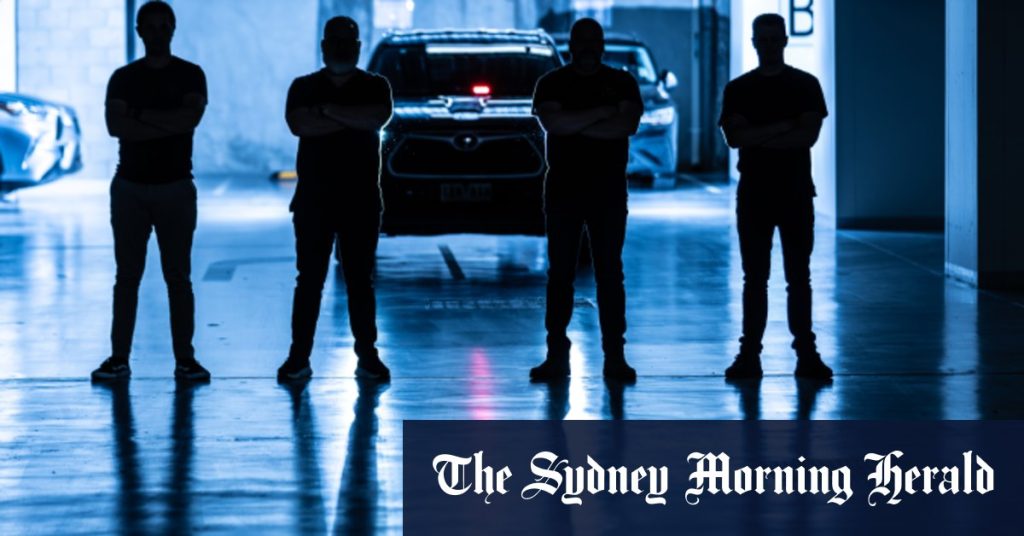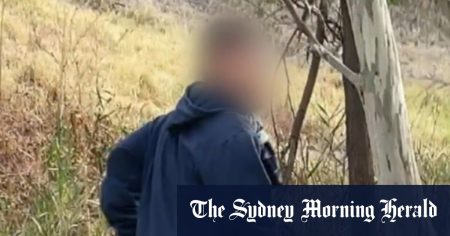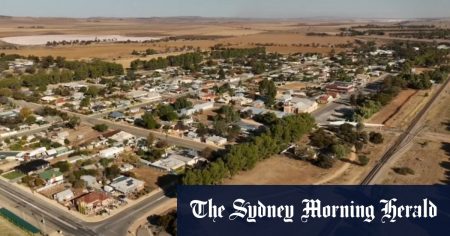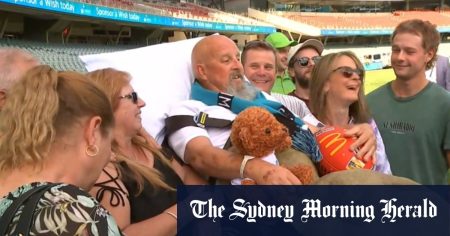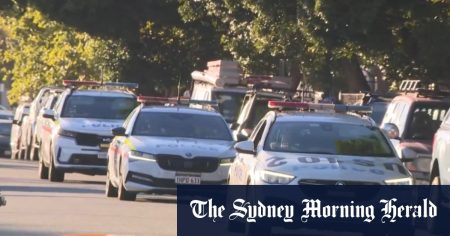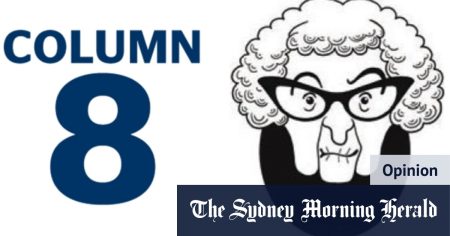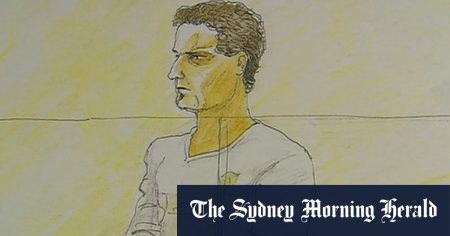The increasing prevalence of illicit alcohol in Victoria has raised concerns among law enforcement and health officials. Undercover agents, who are allowed to drink on duty, are now prohibited from consuming spirits due to health risks associated with bootlegged alcohol. Many cases of suspected drink spiking may be linked to the consumption of counterfeit spirits bought in good faith. Despite several incidents in 2021 involving suspected drink spiking, toxicology tests did not reveal the presence of illicit drugs, leading investigators to consider the involvement of illicit liquor in such crimes.
Law enforcement agencies have been investigating syndicates involved in the production and distribution of bootleg alcohol, partnering with the Australian Taxation Office Illicit Alcohol Team to gather intelligence on the illegal trade. These syndicates often operate legitimate front businesses while producing and distributing counterfeit spirits through unauthorized channels. The tax department is concerned about the tax evasion and health risks posed by illegally manufactured alcohol, which can contain harmful toxins and pose serious health risks to consumers.
The production and distribution of illicit alcohol involve various illegal activities, including unlicensed manufacture, underreporting of alcohol production, misclassification of products for smuggling, and diversion of products into the consumer market. In response to these concerns, police and ATO officers conducted a raid at an illegal distillery in Robinvale, seizing alcohol for testing to determine its health impacts. The production and sale of bootlegged alcohol represent a significant health and safety threat to consumers, with potential consequences such as liver damage, blindness, and death.
The State Liquor Unit plays a critical role in monitoring licensed premises in Victoria, ensuring compliance with alcohol laws and regulations. Undercover officers act as patrons in clubs and pubs to identify violations such as serving intoxicated patrons, underage drinking, and other alcohol-related offenses. Violating these regulations can result in hefty fines and license fee increases, prompting venues to challenge enforcement actions in court. The unit also investigates incidents of violence, drug trafficking, and other criminal activities in licensed establishments, working to ensure public safety and compliance with alcohol laws.
Enforcement efforts have intensified following the impact of COVID-19 on the hospitality industry, with police issuing more penalty notices than ever before. Karaoke bars, in particular, present challenges due to the prevalence of illicit activities such as human trafficking and prostitution. Some bars offer private booths with amenities, attracting high-paying customers for karaoke sessions. Hostesses, often trafficked sex workers, are hired to join groups in these booths, creating opportunities for exploitation and illegal activities. Law enforcement agencies face difficulties in monitoring and regulating such establishments, particularly when criminal activities are concealed.
The illicit alcohol trade poses significant risks to public health and safety, with counterfeit spirits entering the market through unauthorized channels and potentially harmful contaminants. Law enforcement agencies are working to crack down on syndicates involved in the production and distribution of bootlegged alcohol, partnering with tax authorities to gather intelligence and conduct raids on illegal distilleries. Compliance with alcohol laws and regulations, as well as monitoring licensed establishments, play a crucial role in maintaining public safety and preventing criminal activities associated with the illegal alcohol trade. Efforts to combat the illicit alcohol trade continue as authorities strive to protect consumers and uphold regulatory standards in the alcohol industry.





